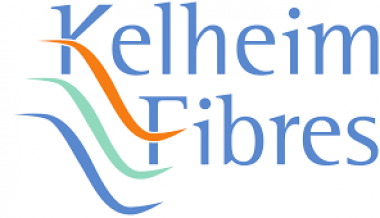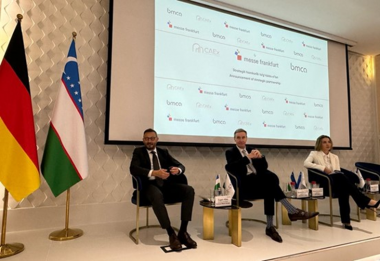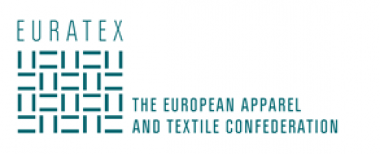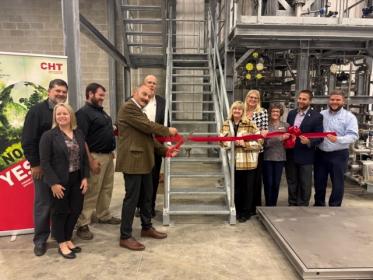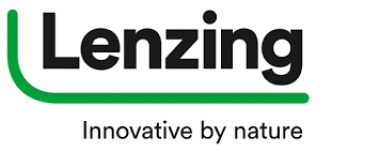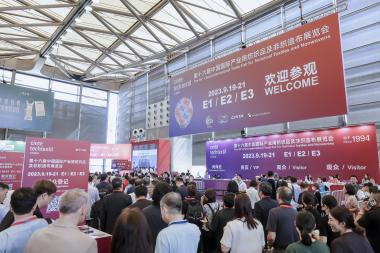ECHA: 21% REACH registrations evaluated
The European Chemicals Agency (ECHA), between 2009 and 2023, has performed compliance checks of approximately 15 000 registrations, representing 21 % of full registrations. The Agency has met its legal target for dossier evaluation, which was increased from 5 % to 20 % in 2019. While, for substances registered at quantities of 100 tonnes or more per year, ECHA has checked compliance for around 30% of them.
In 2023, the Agency conducted 301 compliance checks, covering more than 1 750 registrations and addressing 274 individual substances. These checks focused on registration dossiers that may have data gaps and aim to enhance the safety data of these substances. As a result, 251 adopted decisions were sent to companies, requesting additional data to clarify long-term effects of chemicals on human health or the environment.
ECHA will now put more focus on following up the requests sent to companies. In the follow-up evaluation process, the Agency assesses the incoming information for compliance. The outcome of the incoming data is shared with the Member States and European Commission to enable prioritisation of substances. ECHA will work closer together with the Member States for enforcement of non-compliant dossiers.
Compliance of registration dossiers will remain a priority for ECHA for the coming years. This year, the Agency will review the impact of the Joint Evaluation Action Plan, aimed at improving REACH registrations compliance, and, together with stakeholders, develop new priority areas to work on.
European Chemicals Agency




